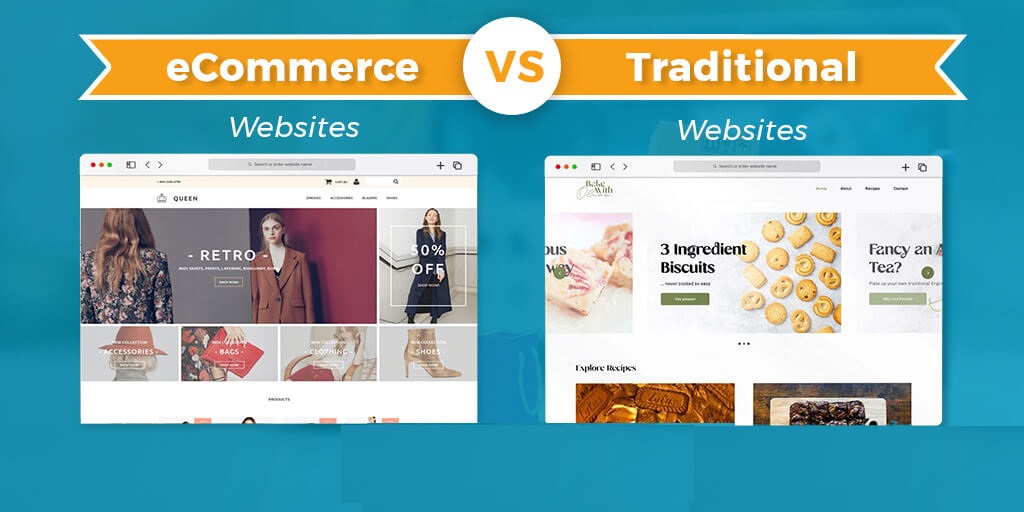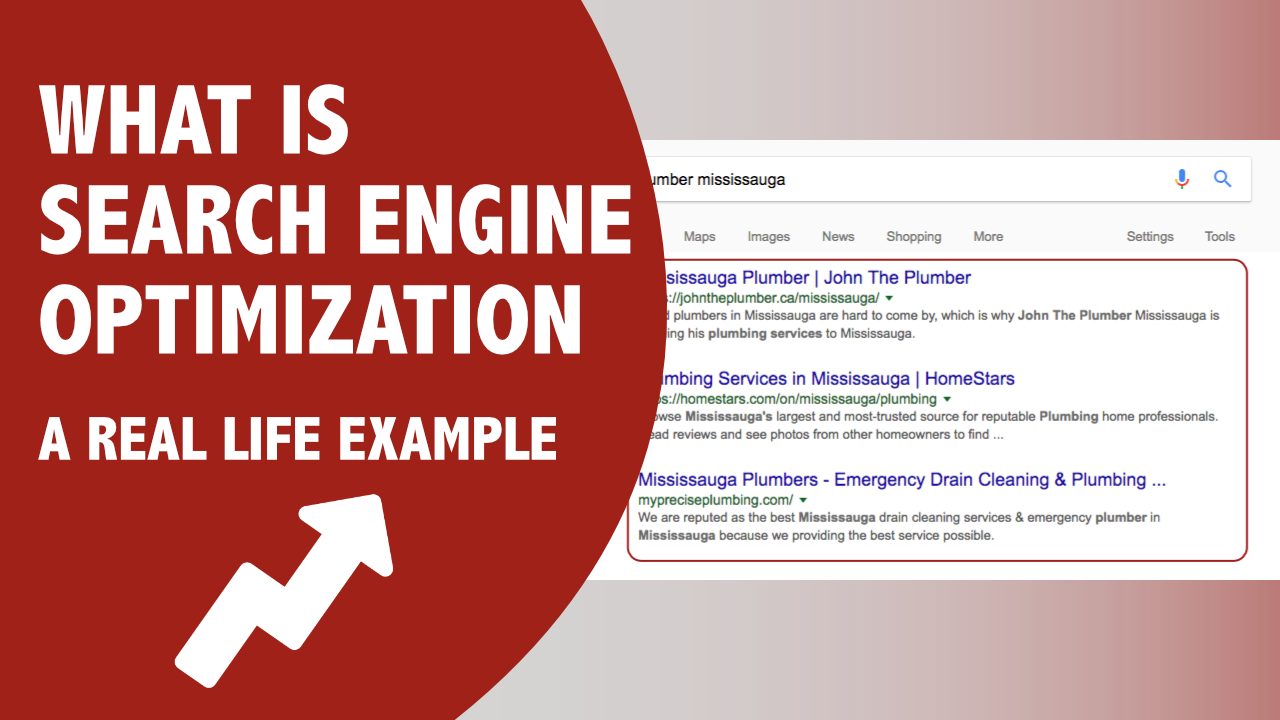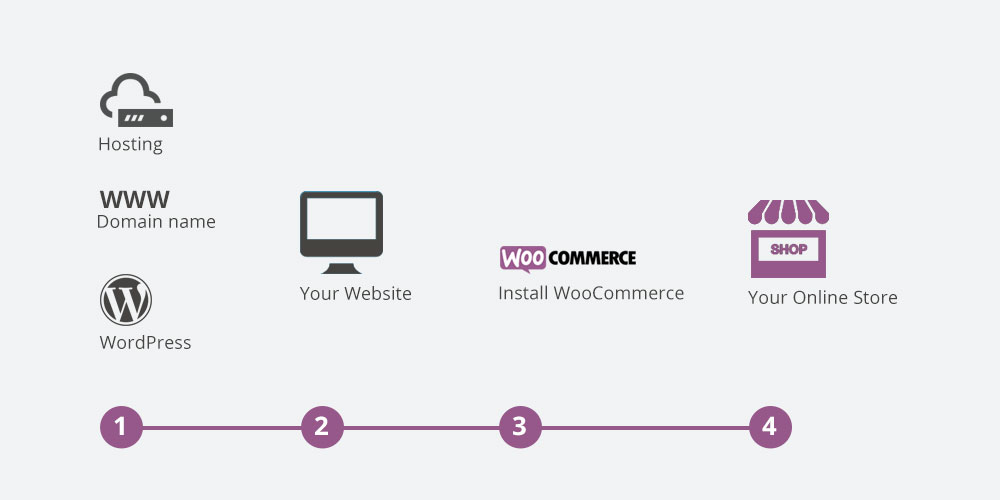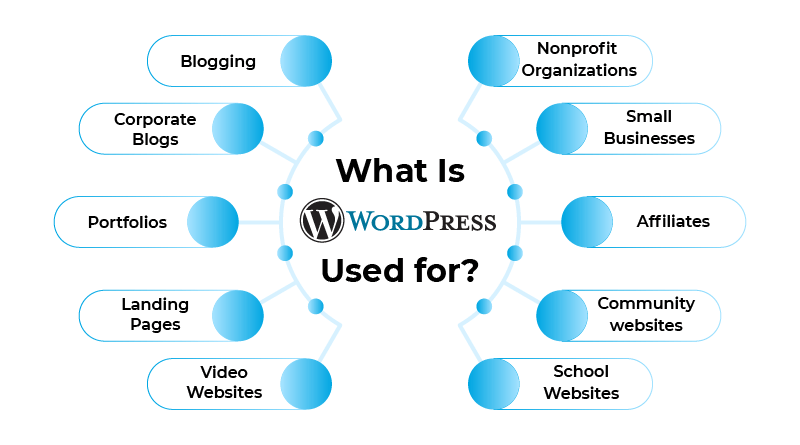In today’s digital age, nearly everyone is online. With billions of searches conducted daily, businesses…

Informational Site vs Ecommerce Site
In the world of web development, creating a website involves making several critical decisions that will impact the user experience and overall functionality of the site. One of the most important decisions is determining the type of website that best suits your needs: an informational site or an e-commerce site. This blog post will explore the key differences between these two types of websites, their unique features, and the advantages each offers. By understanding the distinction of an informational site vs e-commerce site, you can make an informed decision about which is right for your business or personal project.
What is an Informational Site?
An informational site is designed primarily to provide information to visitors. These websites are typically content-heavy and focus on delivering valuable, relevant, and engaging content to their audience. Informational sites can cover a wide range of topics, from blogs and news sites to educational resources and corporate websites.
Key Features of an Informational Site
- Content-Rich: Informational sites prioritize content. This can include articles, blog posts, videos, infographics, and more. The goal is to educate, inform, or entertain visitors.
- Simple Navigation: These sites are usually easy to navigate, with a clear structure that allows visitors to find the information they need quickly.
- Minimal E-commerce Functionality: While some informational sites may have a few e-commerce features, such as a donations page or merchandise store, they are not primarily designed for selling products.
- SEO Focus: Informational sites often rely heavily on search engine optimization (SEO) to attract visitors. High-quality content and SEO best practices help these sites rank well in search engine results.
- Engagement Tools: Features such as comment sections, social media sharing buttons, and newsletters are common on informational sites to encourage visitor interaction and engagement.
What is an E-commerce Site?
An e-commerce site, on the other hand, is designed specifically for buying and selling products or services online. These websites focus on providing a seamless shopping experience for customers, from browsing products to completing transactions.
Key Features of an E-commerce Site
- Product Listings: E-commerce sites feature detailed product listings with images, descriptions, prices, and reviews. These listings are often organized into categories to make browsing easier.
- Shopping Cart and Checkout: A crucial component of any e-commerce site is the shopping cart and checkout system, which allows customers to select products, add them to their cart, and complete their purchase.
- Payment Processing: E-commerce sites integrate with various payment gateways to process transactions securely. This can include credit card payments, PayPal, and other digital payment methods.
- User Accounts: Many e-commerce sites offer user accounts, allowing customers to track orders, save payment information, and create wish lists.
- Customer Support: Features such as live chat, FAQs, and return policies are essential for providing customer support on e-commerce sites.
Informational Site vs E-commerce Site: Key Differences
Understanding the key differences between an informational site vs e-commerce site is essential for deciding which type is best suited for your needs. Here are some of the main distinctions:
Purpose
- Informational Site: The primary purpose is to provide information, educate, or entertain visitors. The focus is on content delivery and user engagement.
- E-commerce Site: The primary purpose is to sell products or services. The focus is on providing a smooth and secure shopping experience.
Design and Layout
- Informational Site: These sites often have a simple and clean design, with an emphasis on readability and easy navigation. The layout is typically structured to highlight content.
- E-commerce Site: These sites have a more complex design to accommodate product listings, shopping carts, and checkout processes. The layout is focused on showcasing products and facilitating transactions.
Content
- Informational Site: Content is the cornerstone of informational sites. They feature articles, blogs, videos, and other types of content designed to inform or entertain.
- E-commerce Site: While e-commerce sites also include content, such as product descriptions and reviews, the primary focus is on products and sales.
User Interaction
- Informational Site: User interaction on informational sites often involves reading content, commenting, and sharing on social media.
- E-commerce Site: User interaction on e-commerce sites revolves around browsing products, adding items to the cart, and making purchases.
SEO and Marketing
- Informational Site: SEO efforts are focused on content optimization, keyword usage, and building backlinks to attract organic traffic.
- E-commerce Site: SEO for e-commerce sites involves product optimization, keyword usage in product descriptions, and technical SEO to improve site speed and performance. Marketing efforts also include paid advertising, email marketing, and social media campaigns.
Advantages of Informational Sites
Building Authority
Informational sites are excellent for building authority in a particular niche. By consistently publishing high-quality, informative content, these sites can establish themselves as experts in their field, attracting a loyal audience.
Cost-Effective
Creating and maintaining an informational site is generally less expensive than an e-commerce site. There are fewer technical requirements, and the focus is on content creation rather than complex transactional features.
Flexibility
Informational sites offer a lot of flexibility in terms of content. You can cover a wide range of topics, experiment with different content formats, and update your site regularly without worrying about inventory or sales processes.
Engagement and Community Building
Informational sites can foster engagement and community building through comments, forums, and social media interactions. This engagement can lead to a loyal audience and increased traffic over time.
Advantages of E-commerce Sites
Revenue Generation
The most significant advantage of an e-commerce site is its ability to generate revenue. By selling products or services online, businesses can reach a global audience and increase their sales.
Customer Insights
E-commerce sites provide valuable insights into customer behavior through data analytics. This information can help businesses optimize their marketing strategies, improve product offerings, and enhance the overall customer experience.
Automation and Efficiency
Many processes on e-commerce sites can be automated, such as order processing, inventory management, and email marketing. This automation can save time and improve efficiency, allowing businesses to focus on growth.
Competitive Advantage
Having a well-designed e-commerce site can give businesses a competitive advantage. By offering a seamless shopping experience, businesses can attract and retain customers, ultimately driving more sales.
When to Choose an Informational Site
An informational site is the right choice if your primary goal is to provide information, build authority, or engage with an audience. This type of site is ideal for:
- Blogs and Personal Websites: If you want to share your thoughts, experiences, or expertise on a particular topic, an informational site is perfect.
- Educational Resources: Schools, universities, and educational organizations can use informational sites to provide valuable resources and information to students and teachers.
- Corporate Websites: Companies that want to showcase their services, provide company information, and share industry insights can benefit from an informational site.
When to Choose an E-commerce Site
An e-commerce site is the right choice if your primary goal is to sell products or services online. This type of site is ideal for:
- Retail Businesses: If you sell physical or digital products, an e-commerce site is essential for reaching a wider audience and increasing sales.
- Service Providers: Businesses that offer services, such as consulting, coaching, or online courses, can use e-commerce sites to sell their services and manage bookings.
- Subscription-Based Businesses: Companies that offer subscription services, such as monthly boxes or online memberships, can benefit from the recurring revenue model of an e-commerce site.
Combining Informational and E-commerce Elements
In some cases, it may be beneficial to combine elements of both informational and e-commerce sites. For example, a blog that provides valuable information on a particular niche can also sell related products or services. This combination allows you to engage with your audience through content while generating revenue through sales.
Conclusion
In the debate of informational site vs e-commerce site, the choice ultimately depends on your goals and needs. Informational sites excel in providing content, building authority, and engaging with audiences. In contrast, e-commerce sites are designed for selling products and services, generating revenue, and offering a seamless shopping experience. By understanding the unique features and advantages of each type of site, you can make an informed decision and create a website that best serves your objectives. Whether you choose an informational site, an e-commerce site, or a combination of both, the key is to focus on delivering value to your visitors and achieving your online goals.



